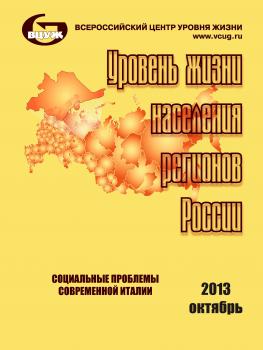В публикуемом материале дается разъяснение понятия неустойчивости занятости или, как ее сейчас именуют, «прекаризация», и отмечены основные негативные аспекты этого общественного явления, сказывающегося на социально-трудовых отношениях и мировой экономике в целом. Поиски путей минимизации этих негативных последствий побудили видных ученых и специалистов сферы социально-трудовых отношений собраться в Москве на международную научно-практическую конференцию.
безработица, неустойчивость занятости (прекаризация), социальное неравенство, экономическая нестабильность, интеграционные усилия
The volatility of employment, social insecurity and economic inequality have appeared in the world not yesterday. They were born a long time ago, but 80 years of the last century have proved so powerful that caused significant public concern, and a number of scientists who study social and labor relations in Europe and the United States undertook a study of this phenomenon and its social consequences.
Subject of employment instability (precarisation) - is a very common social phenomenon, generating uncertainty and instability in society. Let ustry to call the basic shapes of it. This is - underemployment, including shorter working week, forced leave, flexible work schedules; informal (unofficial) employment; temporary employment; remote employment; agency work, staff leasing (hire staff); self-employment; work in private farms, as well as a high degree of unemployment, employment instability. Currently this phenomenon swept almost all countries, including those with developt economics. Thus, in countries - OECD infected with the disease, according to various estimates, from 15 to 25% of employees. (See the magazine «Living standards in the regions of Russia» № 11/2013, p.95) In the Russian Federation in a state of precarious work is, according to experts, more than 20 million people, or about 30% of the economically active population. Globally, tens of millions of people work at jobs outside the sector of permanent employment. Among them are many people with higher education, which is not in the current economic conditions guarantee a stable social situation.





